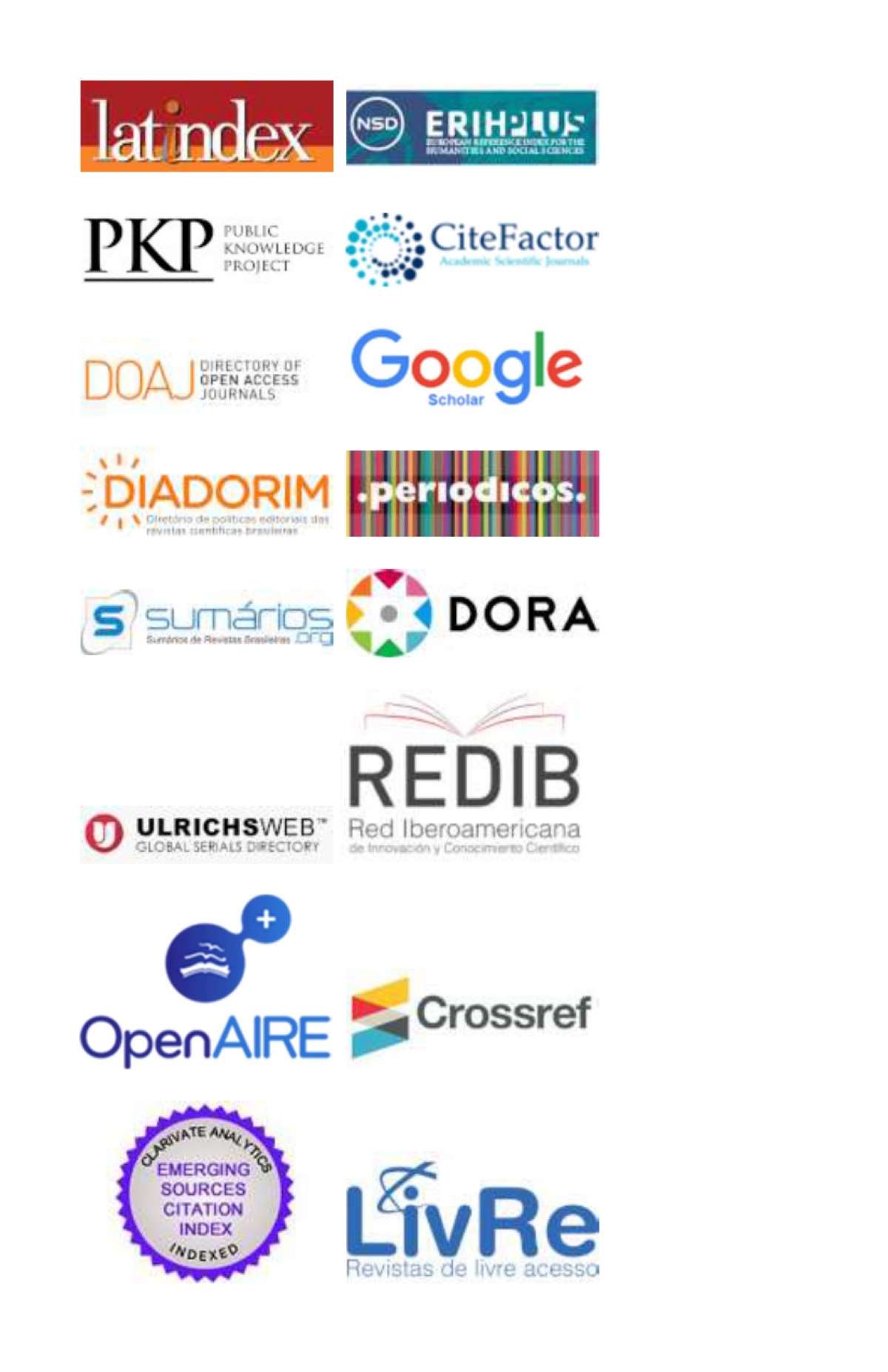“IN THE TERMS OF THE RAPPORTEUR'S OPINION”: CONSIDERATIONS ON THE COLLECTIVE REASONS OF THE BRAZILIAN SUPREME COURT'S DECISIONS
DOI:
https://doi.org/10.21783/rei.v2i1.44Keywords:
Brazilian Supreme Court, Group Judgments, Legal Interpretation, Deliberation, PrecedentsAbstract
In this article we examine the rapporteur’s role in the emergence of collective judgments in the Brazilian Supreme Court (STF). Our point of departure is a series of interviews Virgílio Afonso da Silva conducted with Justices and former Justices of the STF, regarding the rapporteur’s role in the process of formulating the court’s decisions. After introducing the interviews, we propose a number of conceptual premises regarding the nature of group judgments. We then consider a particular aspect of the STF’s decision-making process: the regular use, in the syllabi, of the expression “in the terms of the rapporteur’s opinion”. We argue that the most compelling interpretation of this expression is that the court’s decision attributes the collective reasons for deciding to the rapporteur’s opinion. Finally, we identify three possible alternatives to the interpretation of the collective component of the STF decisions. We conclude there is sound evidence for assuming that the court’s understanding of itself, as expressed in its decisions, confirms the hypothesis that the court attributes its own reasons for making the decision to the rapporteur’s opinion.Downloads
References
COSTA, Thales Morais da. Conteúdo e alcance da decisão do STF sobre a lei de imprensa na ADPF 130. Revista Direito GV, Vol. 10, 1, 2014.
FALCÃO, Joaquim; CERDEIRA, Pablo Camargo; ARGUELHES, Diego Werneck. I Relatório Supremo em Números: O Múltiplo Supremo. Rio de Janeiro, RJ: FGV Direito Rio, 2011. Disponível em: <http://www.fgv.br/supremoemnumeros/relatorios/i_relatorio_do_supr emo_em_numeros_0.pdf>. Acesso em: 25 de julho de 2016.
JENKINS, Adrianna C.; DODELL-FEDER, David; SAXE, Rebecca; KNOBE, Joshua; SIEGEL, Allan. The Neural Bases of Directed and Spontaneous Mental State Attributions to Group Agents. PLoS ONE, Vol. 9, 8, 2014.
KLAFKE, Guilherme Forma; PRETZEL, Bruna Romano. Processo Decisório no Supremo Tribunal Federal: aprofundando o diagnóstico das onze ilhas. Revista de Estudos Empíricos em Direito, Vol. 1, 1, 2014.
KORNHAUSER, Lewis. Deciding Together. Revista Estudos Institucionais, Vol. 1, 1, 2015.
KORNHAUSER, Lewis; SAGER, Lawrence G. The One and the Many: adjudication in collegial courts. California Law Review, vol. 81, 1, 1993.
LEITE, Fábio; BRANDO, Marcelo. Dispersão de Fundamentos no Supremo Tribunal Federal. 2016. Manuscrito.
MENDES, Conrado Hübner. Onze Ilhas. Folha de São Paulo, Opinião, 01 de fevereiro de 2010.
O’LAUGHLIN, Matthew J.; MALLE, Bertram F. How People Explain Actions Performed by Groups and Individuals. Journal of Personality and Social Psychology, Vol. 82, 1, 2002.
PILIALOHA, Brian; BREWER, Marilynn. Motivated Entitativity: Applying Balance Theory to Group Perception. Group Processes & Intergroup Relations, Vol. 9, 2, 2006.
SCHAUER, Frederick F. Thinking Like a Lawyer: a new introduction to legal reasoning. Cambridge, MA: Harvard University Press, 2009.
SILVA, Virgílio Afonso da. Deciding Without Deliberating. International Journal of Constitutional Law, Vol. 11, 3, 2013.
______. “Um Voto Qualquer”? O papel do ministro relator na deliberação no Supremo Tribunal Federal. Revista Estudos Institucionais, Vol. 1, 1, 2015.
______. De Quem Divergem os Divergentes? Os votos vencidos no Supremo Tribunal Federal. Revista Direito, Estado e Sociedade, No. 47, 2016.
SUNSTEIN, Cass. Constitutional Personae: heroes, soldiers, minimalists, and mutes. New York, NY: Oxford University Press, 2015
TOLLEFSEN, Deborah. Groups as Agents. Maiden, MA: Polity Press, 2015.
TUOMELA, Raimo. Group Reasons. Philosophical Issues, Vol. 22, 1, 2012.
______. Social Ontology: collective intentionality and group agents. New York, NY: Oxford University Press, 2013.
WAYTZ, Adam; YOUNG, Liane. The Group-Member Mind Trade-Off: attributing mind to groups versus group members. Psychological Science, Vol. 23, 1, 2012.
Downloads
Published
How to Cite
Issue
Section
License
The authors hold their copyright and concede to the JOURNAL OF INSTITUTIONAL STUDIES the right to the first publication, in accordance with the Creative Commons Attribution license.
Authors are strongly encouraged to publish their manuscripts in other medias, such as institutional repositories and personal pages. The Journal only requires the credits of the first publication.






